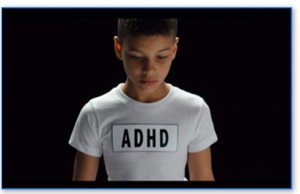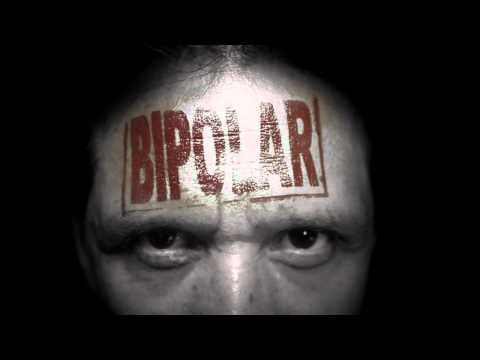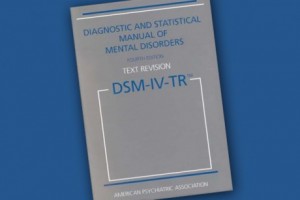
Daily Mail—Why it’s truly bonkers to believe in shrinks
The conclusion (and the argument of this essential book) is obvious: psychiatry is basically bogus – and damaging.


The conclusion (and the argument of this essential book) is obvious: psychiatry is basically bogus – and damaging.

The forthcoming edition of an American psychiatric manual will increase the number of people in the general population diagnosed with a mental illness – but what they need is help and understanding, not labels and medication.

This is the saddest moment in my 45 year career of studying, practicing, and teaching psychiatry. The Board of Trustees of the American Psychiatric Association has given its final approval to a deeply flawed DSM 5 containing many changes that seem clearly unsafe and scientifically unsound. My best advice to clinicians, to the press, and to the general public – be skeptical and don’t follow DSM 5 blindly down a road likely to lead to massive over-diagnosis and harmful over-medication. Just ignore the ten changes that make no sense.

Lucy Johnstone, a consultant clinical psychologist for the Cwm Taf Health Board in Wales agreed: “(The DSM) is wrong in principle, based as it is on redefining a whole range of understandable reactions to life circumstances as ‘illnesses,’ which then become a target for toxic medications heavily promoted by the pharmaceutical industry,” she said.
“The DSM project cannot be justified, in principle or in practice. It must be abandoned so that we can find more humane and effective ways of responding to mental distress.”

The most surprising critic of the DSM is a one-time pillar of the psychiatric establishment. Allen Frances, professor emeritus at Duke University, chaired the task force that created the DSM-4. Now he’s railing against both the process and proposed content of the new DSM in blogs on the website for Psychology Today that blast the new revision as “untested” and “unscientific.”
Psychiatric diagnoses are loose enough already, Frances told me, and that laxity has led to “epidemics of over-diagnosis in child psychiatry” causing huge numbers of children to be unnecessarily labeled with attention deficit disorder and bipolar disorder and treated with medications.